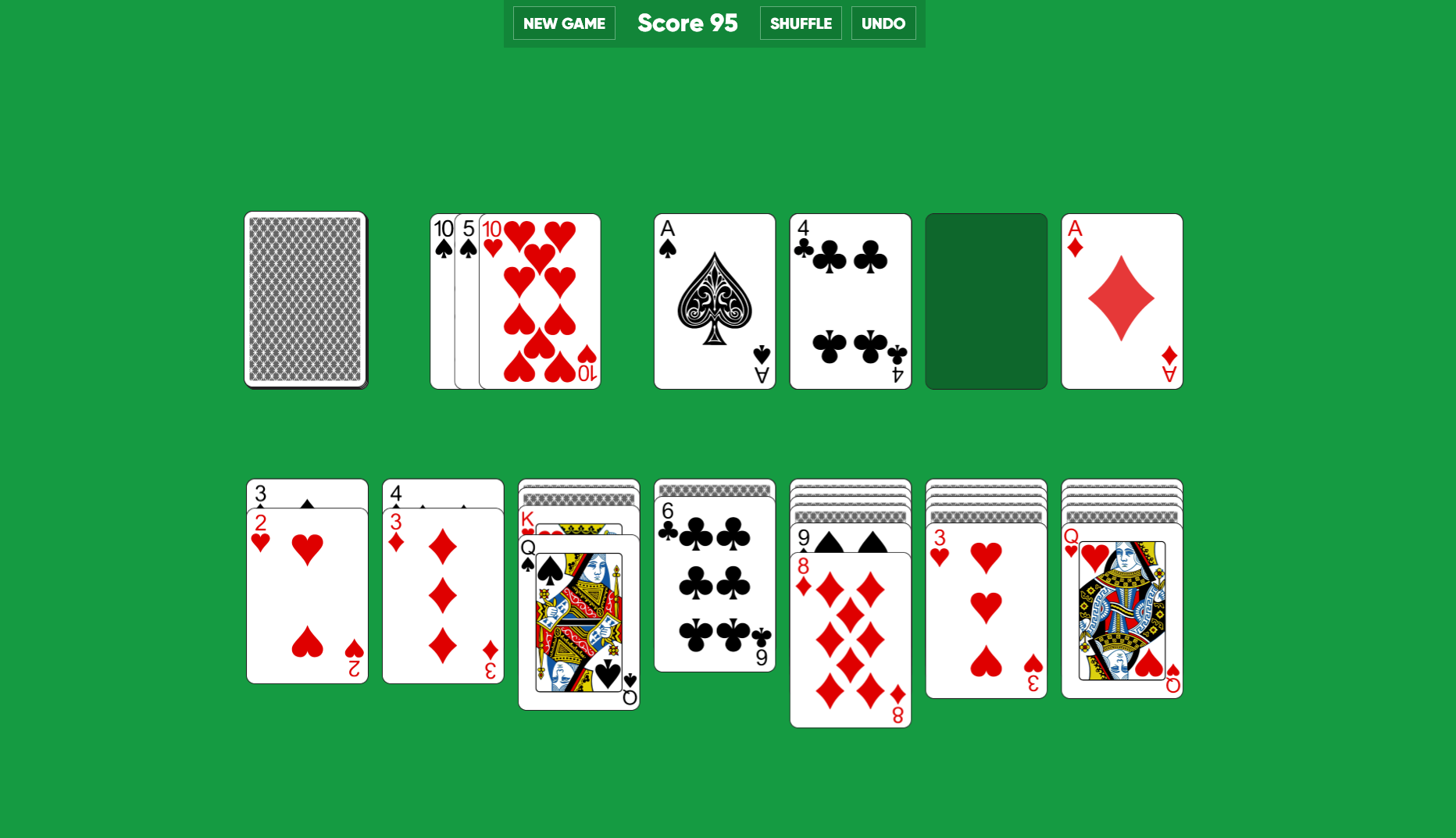
Hoyles calls it a simpler version of "Klondike", also described in the same book, but which turns out to be a gambling version of the game nowadays known as Canfield in the US and Demon elsewhere in the world. The earliest rules for the game known as Klondike today appear in the 1907 edition of Hoyle's Games under the name "Seven-Card Klondike". History Īccording to Tung (2015), the game became popular in the late 19th century, and may well have been named "Klondike" after the Canadian region where the Klondike Gold Rush happened in 1896–1899. Likewise the rumour prevails that this other game was devised by Richard Canfield even though Canfield himself called his game "Klondike". Today, however, Canfield is more usually the American name for the patience game called " Demon" in England, which is a different game altogether. Historically Klondike was also called Canfield in America, perhaps because it was a casino game at the Canfield Casino in Saratoga Springs, New York, and this is the name by which it became known in England. Elsewhere the game is known as American Patience.

Equally in the UK, it is often just known as " Patience". and Canada, it is so well known that the term Solitaire, in the absence of qualifiers, typically refers to Klondike. The distinguishing feature of all variants is a triangular layout of the tableau, building in ascending sequence and packing in descending order. Partly because of that, it has spawned numerous variants including Batsford, Easthaven, King Albert, Thumb and Pouch, Somerset or Usk and Whitehead, as well as the American variants of the games, Agnes and Westcliff.

Klondike, also known as Canfield, is a card game for one player and the best known and most popular version of the patience or solitaire family, something which "defies explanation" as it has one of the lowest rates of success of any such game. Canfield, Solitaire, Patience, Seven up, SevensĪgnes (Bernauer), Batsford, Easthaven, King Albert, Thumb and Pouch, Somerset or Usk, American Westcliff


 0 kommentar(er)
0 kommentar(er)
